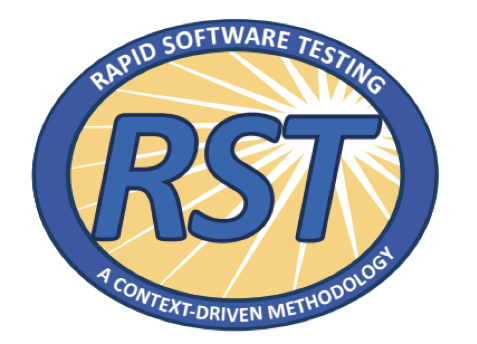On May 11 2016 TestNet (*) held her spring conference with “Strengthen your foundation: new skills for testers” as the central theme. The call for papers that was send out made me frown. It said:
“In the final keynote of the TestNet autumn event, speaker Rini van Solingen referred to the end of software testing as we know it. ‘What one can learn in merely four weeks, does not deserve to be called a profession’, he stated. But is that true? Most of our skills, we learn on the job. There are many tools, techniques, skills, hints and methods not typical for the testing profession but essential for enabling us to do a good job nonetheless. Furthermore the testing profession is constantly evolving as a result of ICT and business trends. Not only functional testing, but also performance, security or other test varieties. This presses us to expand our knowledge, not just the testing skills, but also of the contexts in which we do our jobs. The TestNet Spring Event 2016 is about all topics that are not addressed in our basic testing course, but enable us to do a better job: knowledge, skills, experience.”
I think that there are a lot of skills that are not addressed in our “basic testing course” where they should have been addressed. I am talking about basic testing skills! So I wrote an abstract for a keynote for the conference:
The theme for the spring event is “Strengthen your foundation: new skills for testers”. My story takes a step back: to the foundation! Because I think that the foundation of most testers is not as good as they think. The title would then be: “New skills for testers: back to basics!“
Professional testers are able to tell a successful story about their work. They can cite activities and come up with a thorough overview of the skills they use. They are able to explain what they do and why. they can report progress, risk and coverage at any time. They will gladly explain what oracles and heuristics they use, know everything about the product they are testing and are deliberately trying to learn continuously.
It surprises me that testers regularly can’t give a proper definition of testing. Let alone that they are able to describe what testing is. A large majority of people who call themselves professional testers can not explain what they do when they are testing. How can anyone take a tester seriously if he/she can not explain what he/she is doing all day? Try it: go to one of your testing colleagues and ask what he or she is doing and why it contributes to the mission of the project. Nine out of ten testers I’ve asked this simple question, start to stutter.
What do you exactly do if you use a “data combination test” or a “decision table”? What skills do you use? “Common sense” in this context does not answer the question because it is not a skill, is it? I think of: modeling, critical thinking, learning, combine, observe, reasoning, drawing conclusions just to name a few. By looking in detail at what skills you are actually using, helps you recognize which skills you could/should train. A solid foundation is essential to build on it in the future!
How can you learn the right skills if you do not know what skills you are using in the first place? In this presentation I will take the audience back to the core of our business: skills! By recognizing the skills and training them, we are able to think of and talk about our profession with confidence. The ultimate goal is to tell a good story about why we test and value it adds.
We need a solid foundation to build on!
My keynote wasn’t selected. So I send it in as a normal session, since I really am bothered by the lack of insight in our community. But it didn’t make it on the conference program as a normal session either. Why? Because it is too controversial they told me. After applying for the keynote the chairman called me to tell me that they weren’t going to ask me to do a keynote because the did want a “negative” sound on stage. I guess I can imagine that you do not want to start the day with a keynote who destroys your theme by saying that we need to strengthen our foundation first before moving on.
But why is this story too controversial for the conference at all? I guess it is (at least in the eyes of the program committee) because we don’t like to admit that we lack skills. That we don’t really know how to explain testing. I wrote about that before here. It bothers me that we think our foundation is good enough, while it really isn’t! We need to up our game and being nice and ignoring this problem isn’t going to help us. A soft and nice approach doesn’t wake people up. That is why I wanted to shake this up a bit. To wake people up and give them some serious feedback … I wrote about serious feedback before here. But the Dutch Testing Community (represented by TestNet) finds my ideas too controversial…
(*) TestNet is a network of, by and for testers. TestNet offers its members the opportunity to maintain contacts with other testers outside the immediate work environment and share knowledge and experiences from the field.



Recent Comments